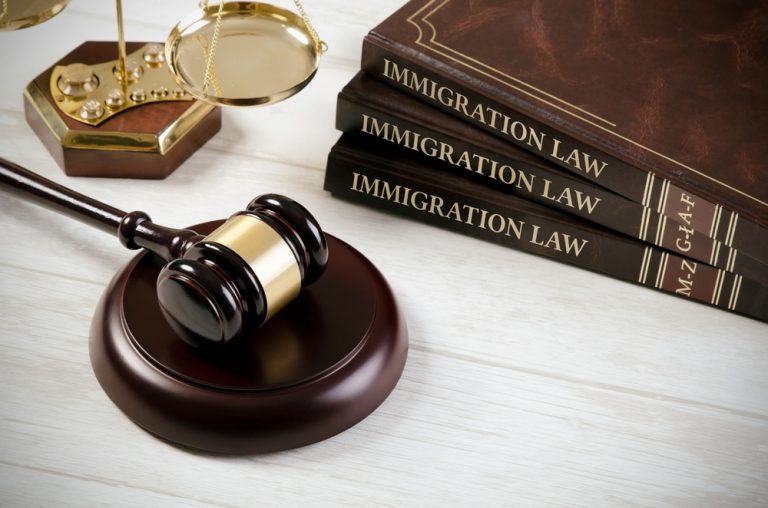The pursuit of truth and justice has always been a cornerstone of society. In the United States, the use of lie detector tests, also known as polygraph tests, has become an integral tool in various sectors to uncover the truth. From criminal investigations to employment screenings, the lie detector test has been utilized coast to coast to aid in determining the veracity of statements and providing valuable insights into complex situations. In this article, we will explore the significance of lie detector test usa and how they are utilized in different contexts.
What is a Lie Detector Test?
A lie detector test, or polygraph test, is a device used to measure physiological responses that may indicate if a person is telling the truth or lying. The test typically records three main physiological indicators:
- Heart Rate: Measured through the use of an electrocardiogram, heart rate can increase when a person is under stress or lying.
- Blood Pressure: Fluctuations in blood pressure can be observed when a person is feeling anxious or dishonest.
- Respiratory Rate: Changes in breathing patterns may indicate stress or deception.
A polygraph examiner evaluates the data obtained during the test and analyzes the subject’s responses to specific questions to determine the likelihood of deception.
Lie Detector Tests in Criminal Investigations:

Lie detector tests play a significant role in criminal investigations in the United States. While the results of a polygraph test are not admissible as evidence in court, they can be used as an investigative tool to assist law enforcement in narrowing down suspects and obtaining valuable information.
Suspects or witnesses may undergo a polygraph examination voluntarily, which can help law enforcement focus their investigation on individuals who display deceptive behavior during the test. Additionally, in certain cases, the results of a lie detector test may lead to the discovery of new evidence or corroborate information provided by witnesses.
Employment Screenings and Background Checks:
Many employers in the United States use lie detector tests as part of their employment screening and background check processes. However, it is essential to note that the use of polygraph tests for employment purposes is regulated by the Employee Polygraph Protection Act (EPPA). Under the EPPA, most private employers are prohibited from requiring or requesting employees or job applicants to take a lie detector test.
There are exceptions under the EPPA, such as certain government agencies and security-related positions. However, even in these cases, specific guidelines and restrictions apply to ensure that the tests are conducted ethically and with proper consent.


















